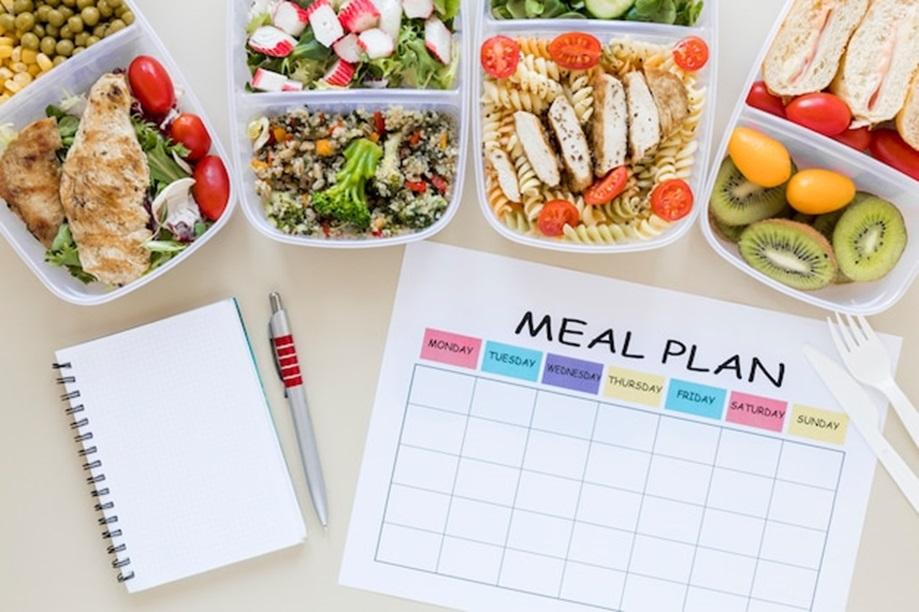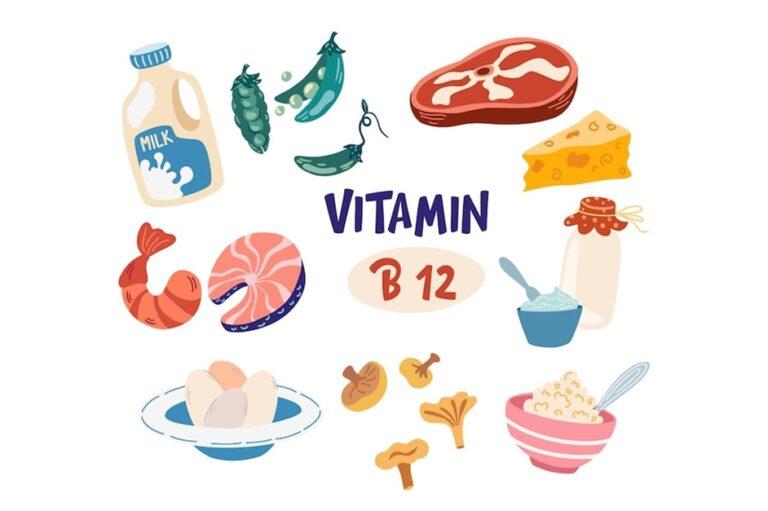
Weight loss surgery, such as gastric bypass or sleeve gastrectomy, can be a life-changing procedure for those struggling with obesity. Although surgery is just one step on the path to improved health, post-surgery nutrition is an essential part of the recovery process. Eating correctly following bariatric surgery can help to ensure that you are getting all the necessary nutrients and vitamins while also helping you to reach and maintain a healthy weight. So without further ado, let’s dive into a comprehensive meal plan guide for after bariatric surgery.
What to Eat After Bariatric Surgery?
After bariatric surgery, it is essential to choose nutrient-rich foods that are easy to digest. The rule of thumb is to eat small, frequent meals and know what foods cannot be eaten after bariatric surgery. An ideal post-surgery meal plan should include a combination of protein, complex carbohydrates, healthy fats, and plenty of nutrient-dense fruits and vegetables. Here’s a breakdown of the dietary basics:
1. Clear Liquids
One to three days after surgery, you should focus on clear liquids. This is to help keep your stomach from getting irritated and to remain hydrated. Foods you can consume during this stage include:
- Broth
- Water
- Sugar-free gelatin or popsicles
- Fruit juices (apple, grape, or cranberry)
- Decaffeinated coffee or tea
You should also be sure to dilute juices before consumption and avoid extremes in heat or cold.
2. Full Liquid Diet
You must begin including protein in your diet after a few days of clear liquids. This can be done through the use of meal replacement drinks and protein shakes. These should be fat-free, low in sugar, and include ingredients such as skim milk, yogurt, or whey protein powder. It is important to remain hydrated throughout this stage, in between meals, by drinking plenty of water. This phase lasts for one to two weeks.
3. Pureed Foods
The following stage is that of pureed foods, which typically lasts for two to four weeks. You should aim for a consistency similar to baby food and focus on foods that are easy to digest and rich in nutrients. You may also need to add a liquid, such as skim milk or broth, for the food to reach a pureed texture. Some suitable options include:
- Yogurt
- Cream soups
- Hummus
- Scrambled eggs
- Cream of wheat or grits
- Pureed fruits and squash
- Pureed vegetables (avoid fibrous vegetables)
- Mashed or pureed meats and fish
- Applesauce
- Vegetable juice
4. Soft Foods
After a few weeks of pureed foods, you can begin to reintroduce soft foods into your diet. Foods that are easy to chew and swallow, such as ground poultry or fish, rice, soft fruits like bananas, sliced cheese, and soups, are all suitable options. Remember to skin fruits and vegetables before consumption, and avoid swallowing seeds. It is also important to note that portion sizes should remain small and chew food thoroughly before swallowing.
5. Solid Foods
After 7-8 weeks, you will be ready to reintroduce solid foods into your diet. Start with one new food at a time and choose healthy, nutrient-dense options. Along with these foods, you should avoid raw vegetables, gristly meats, nuts, seeds, popcorn, breads, fried foods, and other items that might upset your stomach. Try to minimize the consumption of carbonated beverages and caffeine and avoid empty calories. Remember to always eat slowly, chew foods thoroughly and stop eating when you start to feel full.
To Conclude
Following a healthy diet after bariatric surgery can help you experience the best results and long-term success. Just make sure to get in touch with a healthcare professional to receive the best bariatric surgery in Mexico so you can start your journey to a healthier lifestyle. By following the steps outlined above, you can ensure that your diet after bariatric surgery is both nutritious and safe.







